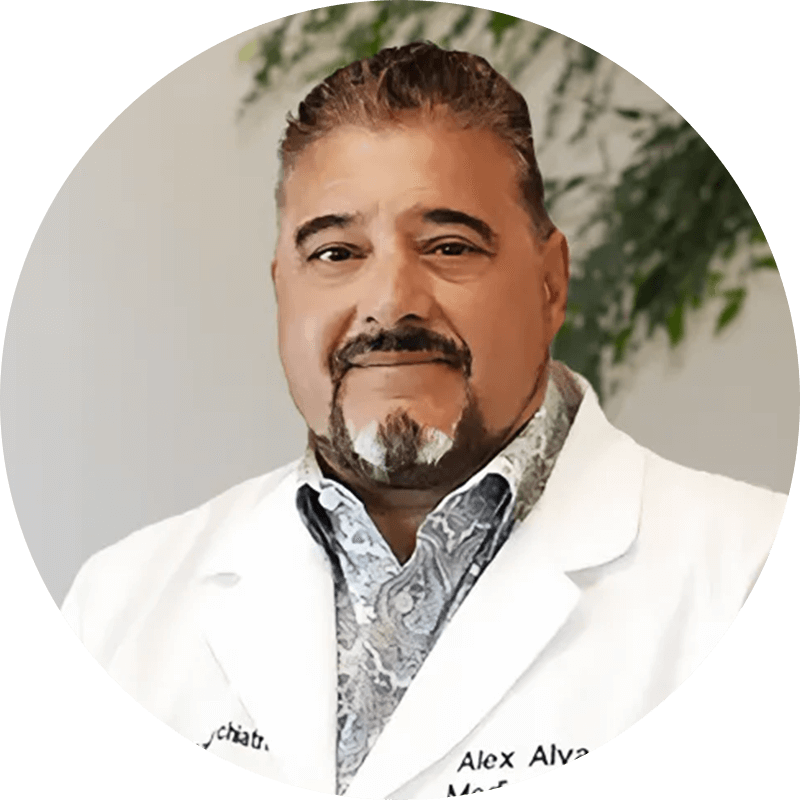The prevalence of drug use and its impact on individuals cannot be ignored. Substance abuse not only takes a toll on physical and mental health but also affects relationships, work or school performance, and overall quality of life. Understanding the signs someone is on drugs is essential since early intervention can make a significant difference in an individual’s recovery journey.
General Signs of Substance Abuse
Recognizing the signs of drug use is crucial in identifying and addressing potential addiction issues. While there are general signs applicable to all substances, it is also important to be aware of substance-specific indicators. By understanding these telltale signs, we can better assess whether someone is struggling with drug addiction and provide appropriate support.
| Changes in behavior | Difficulties in school or work performance, such as declining grades, poor work reviews, or chronic lateness Altered behavior patterns, including increased desire for privacy, withdrawal from social activities, or sudden mood swingsDrastic changes in relationships, such as distancing oneself from friends and family or associating with a new peer group |
| Physical appearance and grooming | Neglecting personal hygiene, wearing inappropriate or dirty clothing, or displaying a disheveled appearanceBloodshot eyes, frequent nosebleeds, or noticeable weight loss without a clear explanationFatigue, lack of energy, or a general decline in physical health |
| Financial and lifestyle changes | Unexplained requests for money, borrowing money frequently, or experiencing financial difficulties.Poor financial management, such as not paying bills on time or sudden changes in spending habits.Engaging in risky or illegal activities to obtain drugs, such as stealing or selling personal belongings. |
| Psychological and emotional signs | Drastic mood swings, increased irritability, or unexplained bouts of angerNoticeable lack of motivation or interest in activities once enjoyedDisplays of defensiveness when questioned about substance use |
Touchstone Recovery Center
Specific Signs That Someone Is On Drugs Or Other Substances
It is important to note that each drug may exhibit unique signs and symptoms. Below is a table that shows general signs of substance abuse for common drugs and similar substances.
| Alcohol | Slurred speech, impaired coordination, or unsteady gait Frequent alcohol odor on the breath or clothingIncreased tolerance and need for larger amounts of alcohol to achieve desired effects |
| Marijuana or hashish | Bloodshot eyes and dilated pupilsDistorted perception of time, impaired memory, or difficulty concentratingThe distinct smell of marijuana on clothing or personal belongings |
| Stimulants (e.g., cocaine, amphetamines) | Increased energy, restlessness, or excessive talkativenessDilated pupils, heightened alertness, or decreased appetiteUnexplained financial splurges or engaging in risky behaviors |
| Opioids (e.g., heroin, prescription painkillers) | Constricted pupils, drowsiness, or nodding off frequentlyUnexplained needle marks, track marks, or wearing long sleeves to conceal marksNoticeable sedation, slowed breathing, or sudden weight loss |
| Hallucinogens (e.g., LSD, mushrooms) | Distorted perception of reality, hallucinations, or intense mood swings Increased sensitivity to light, sound, or touchParanoia, panic attacks, or persistent anxiety |
| Inhalants (e.g., solvents, aerosols) | Chemical smells on breath, clothing, or personal itemsSlurred speech, dizziness, or disorientationChemical burns or rashes around the mouth or nose |
| Sedatives and tranquilizers (e.g., benzodiazepines) | Excessive drowsiness, confusion, or difficulty staying awakeUnsteady movements, poor coordination, or slowed speechMemory lapses or difficulty recalling recent events |
The Importance of Support and Intervention For Someone On Drugs
Identifying the signs of drug use is only the first step in addressing the issue. It is crucial to recognize the importance of providing support and intervention for individuals struggling with drug addiction. By taking appropriate action, we can help them navigate the path towards recovery and minimize the potential harm caused by drug abuse.
The significance of early detection and intervention:
Early intervention can make a significant difference in an individual’s recovery journey. By recognizing the signs of drug use early on, we can:
- Increase chances of successful recovery: Timely intervention can prevent the progression of drug addiction and improve the likelihood of successful recovery outcomes.
- Minimize health risks: Early detection allows for prompt medical intervention, reducing the potential physical and mental health risks associated with prolonged drug use.
- Preserve relationships and social well-being: By identifying the signs of drug use early, we can help preserve relationships with loved ones, maintain job or school performance, and prevent social isolation.
Touchstone Recovery Center
Encouraging open communication and non-judgmental attitudes:
To effectively support individuals struggling with drug addiction, it is important to foster an environment of open communication and non-judgmental attitudes:
- Create a safe environment: Cultivate an atmosphere of trust and understanding where individuals feel comfortable discussing their struggles without fear of judgment or stigma.
- Practice active listening: Truly listen to their concerns and experiences, providing empathy and support without imposing personal judgments or opinions.
- Educate oneself: Gain knowledge about drug addiction, treatment options, and available resources to better support and guide individuals towards appropriate help.
Seeking professional help and treatment options:
Encourage individuals to seek professional help and explore various treatment options:
- Substance abuse professionals: Recommend seeking help from qualified healthcare professionals, addiction counselors, or therapists who specialize in drug addiction treatment.
- Treatment programs: Inform individuals about different treatment options, such as inpatient or outpatient rehabilitation, counseling, support groups, and medication-assisted treatments.
- Dual-diagnosis treatment: Highlight the importance of addressing any underlying mental health issues that may co-occur with drug addiction, emphasizing the need for integrated treatment approaches.
Support networks and resources for individuals with drug addictions:
Connect individuals with support networks and valuable resources:
- Support groups: Encourage participation in support groups like Narcotics Anonymous (NA) or Alcoholics Anonymous (AA), which provide a safe space for individuals to share their experiences and receive support from others facing similar challenges.
- Online resources and helplines: Inform individuals about helplines, websites, and online communities that offer information, guidance, and connections to resources for drug addiction recovery.
- Family and friends as a support system: Emphasize the vital role that family and friends can play in providing emotional support, understanding, and encouragement throughout the recovery process.
The role of family and friends in providing support and encouragement:
Family and friends can play a crucial role in supporting individuals with drug addictions:
- Open and non-judgmental communication: Maintain open lines of communication, expressing concerns and observations in a compassionate and non-confrontational manner.
- Encourage treatment-seeking behavior: Offer assistance in researching treatment options, accompanying them to appointments, or providing emotional support throughout their recovery journey.
- Educate oneself about addiction: Seek education on addiction, attending support groups for families and loved ones of individuals with drug addictions to better understand the challenges they face and how to support them effectively.
By recognizing the signs of drug use and actively providing support, we can make a positive impact in the lives of individuals struggling with drug addiction. Together, we can help them find the strength and resources needed to overcome their challenges and embark on a journey of recovery.
Touchstone Recovery Center
Contact Touchstone for help with drug and substance abuse!
If you or a loved one is grappling with drug abuse and substance addiction, reaching out for help is a crucial step towards recovery and reclaiming a healthier life. Touchstone Recovery Clinic, located in Fresno, CA, is a dedicated facility that specializes in the diagnosis, treatment, and prevention of drug and substance abuse in adults. Their compassionate and experienced team of professionals understands the complexities of addiction and is committed to providing comprehensive support throughout the recovery journey through Touchstone’s programs, including:
- Residential treatment program
- Partial hospitalization program
- Intensive outpatient program
- Family support services
By contacting Touchstone, you can access personalized treatment plans, evidence-based therapies, and a supportive environment that fosters healing and growth. Don’t let addiction control your life any longer. Reach out to Touchstone Recovery Clinic and take the first step towards a brighter, addiction-free future.







